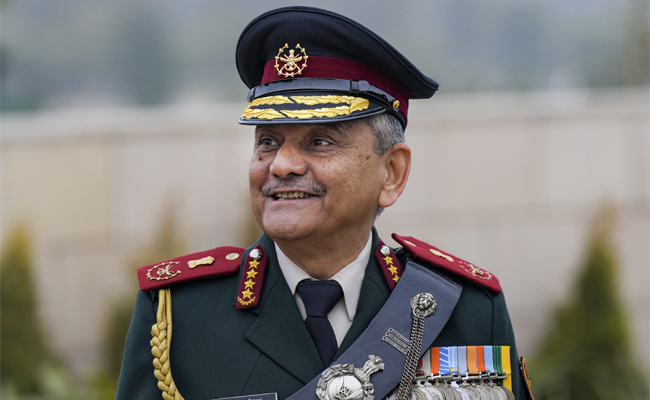New Delhi (PTI): India's population is estimated to reach 1.46 billion in 2025, continuing to be the highest in the world, according to a new UN demographic report, which also revealed the country's total fertility rate has fallen below the replacement rate.
UNFPA's 2025 State of World Population (SOWP) Report, The Real Fertility Crisis, calls for a shift from panic over falling fertility to addressing unmet reproductive goals.
Millions of people are not able to realise their real fertility goals, it asserts.
This is the real crisis, not underpopulation or overpopulation, and the answer lies in greater reproductive agency - a person's ability to make free and informed 150 per cent choices about sex, contraception and starting a family, it says.
The report also reveals key shifts in population composition, fertility, and life expectancy, signalling a major demographic transition.
The report found that India's total fertility rate has declined to 1.9 births per woman, falling below the replacement level of 2.1.
This means that, on average, Indian women are having fewer children than needed to maintain the population size from one generation to the next, without migration.
Despite the slowing birth rate, India's youth population remains significant, with 24 per cent in the age bracket of 0-14, 17 per cent in 10-19, and 26 per cent in 10-24.
The country's 68 per cent of the population is of working age (15-64), providing a potential demographic dividend, if matched by adequate employment and policy support.
The elderly population (65 and older) currently stands at seven per cent, a figure that is expected to rise in the coming decades as life expectancy improves. As of 2025, life expectancy at birth is projected to be 71 years for men and 74 years for women.
According to the UN estimates, India's population at present stands at 1,463.9 million.
India is now the world's most populous nation, with nearly 1.5 billion people – a number expected to grow to about 1.7 billion before it begins to fall, around 40 years from now, the report said.
Behind these numbers are the stories of millions of couples who decided to start or expand their families, as well as the stories of women who had few choices about whether, when or how often they became pregnant, the report said.
In 1960, when India's population was about 436 million, the average woman had nearly six children.
Back then, women had less control over their bodies and lives than they do today. Fewer than 1 in 4 used some form of contraception, and fewer than 1 in 2 attended primary school (World Bank Data, 2020), the report said.
But in the coming decades, educational attainment increased, access to reproductive healthcare improved, and more women gained a voice in the decisions that affected their lives. The average woman in India now has about two children.
While women in India, and every other country, have more rights and choices today than their mothers or grandmothers did, they still have a long way to go before they are empowered to have the number of children they want, if any, when they want them.
The UN report placed India in a group of middle-income countries undergoing rapid demographic change, with population doubling time now estimated at 79 years.
"India has made significant progress in lowering fertility rates – from nearly five children per woman in 1970 to about two today, thanks to improved education and access to reproductive healthcare," said Andrea M Wojnar, UNFPA India Representative.
"This has led to major reductions in maternal mortality, meaning million more mothers are alive today, raising children and building communities. Yet, deep inequalities persist across states, castes, and income groups.
"The real demographic dividend comes when everyone has the freedom and means to make informed reproductive choices. India has a unique opportunity to show how reproductive rights and economic prosperity can advance together," she said.
Let the Truth be known. If you read VB and like VB, please be a VB Supporter and Help us deliver the Truth to one and all.
Thane (PTI): A 45-year-old man was killed, and his wife and son were injured when a portion of plaster from the ceiling collapsed in their flat in a seven-storey building in Thane on Saturday, officials said.
Chief of the Regional Disaster Management Cell, Yasin Tadvi, said the 16-year-old building is not listed in the "dangerous" category.
"The incident occurred in Karumdev Society at about 3 am. The plaster of the hall in a flat on the terrace floor suddenly fell while the occupants were asleep", he said.
Of the four people who were inside the room, two suffered minor injuries and were discharged after primary treatment, Tadvi stated.
The injured persons were identified as Arpita More (42), who suffered minor head injuries, and her son Arush More (16), who sustained injuries to both legs.
Manoj More (45), who sustained chest injuries, died during treatment at a private hospital.

_vb_76.jpeg)



